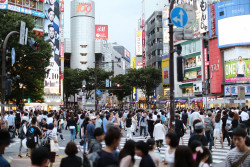
May 15, 2021
Seven Japanese Books About Mental Health and Wellbeing
For Mental Health Awareness Month
If you haven’t felt it yourself, evidence shows that the coronavirus pandemic is making the state of mental health around the world more treacherous than ever before. In Japan, suicides sharply rose in the second half of 2020. Nearly 10% of America’s youth have severe major depression. In the UK, nearly one in five working women suffer from mental health problems.
As a result, in the U.S. and UK, mental health help books like “The Subtle Art of Not Giving a F*ck” and “The Body Keeps the Score” have sold millions of copies in recent times.
Similar mental health self-help books are no less widespread in Japan. Artist and suicide hotline operator Kyohei Sakaguchi’s “Make Your Own Medicine” and recently-published “Depression University” have captivated Japanese audiences with a practical, lifestyle based approach to bettering one’s mental health. Japan’s roster of superb literary fiction also offers a fruitful and nuanced place to engage with complicated issues of mental health, wellbeing, trauma and inner struggle.
Troubled protagonists are as old as the “Tale of Genji” in Japanese literature. And even before the modern discourse around mental health took root, Japanese authors wrote stories that have investigated mental health, struggle and healing.
These seven Japanese books — three nonfiction and four fiction — are worthwhile reads for anyone looking to broaden their understanding of mental health in Japan or to deepen their engagement with the complexities of mental health. Perfect reads for Mental Health Awareness Month and starting conversations about mental health in Japan.
Nonfiction books for an intellectual approach
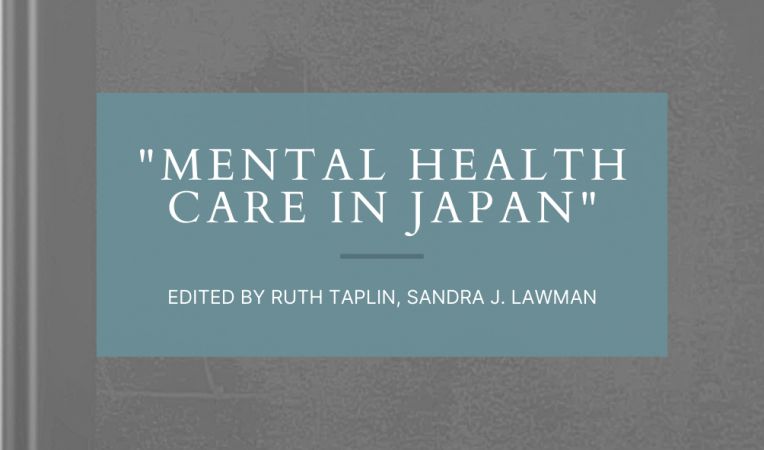
A number of groundbreaking scholarly works on the unique challenges and circumstances of mental health in Japan have been published in the last 10-15 years. The largest and most comprehensive is “Mental Health Care in Japan,” edited by Ruth Taplin and Sandra Lawman.
This tome details the disastrous state of mental health care in Japan—and underscores some of the reasons why mental health has become a major issue in recent years. There is a “megadose” culture, where patients are sedated with large doses of psychiatric drugs, partially due to understaffing, and partially due to the profits it can generate for the prescribing doctors. There is a strong stigma attached to mental illness that discourages people from reaching out for help. Long campaigns of activism by medical professionals and the media have made some progress shifting this narrative, but experts stated that no fundamental changes have been made to Japan’s mental health care in 50 years.
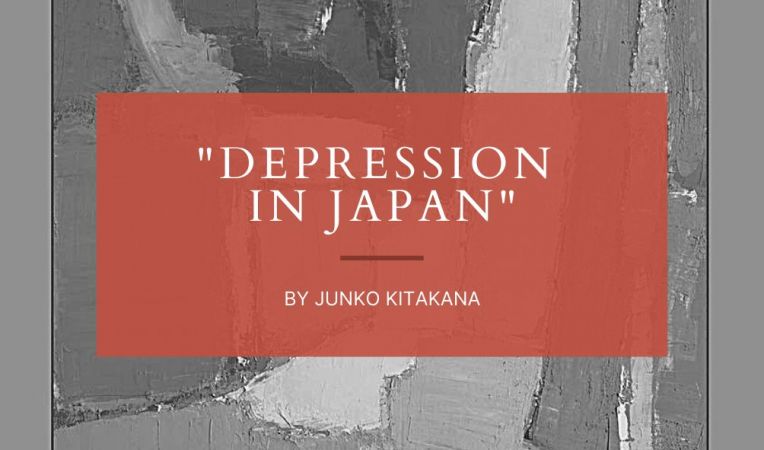
“Depression in Japan” by Junko Kitanaka explores some of the more subtle discourses and trends that have led to the current state of suicide and depression in Japan. It examines how depression entered the national conversation, its shift from focusing on individual suffering to social forces such as overwork, and how this discussion has paid greater attention to men than women.
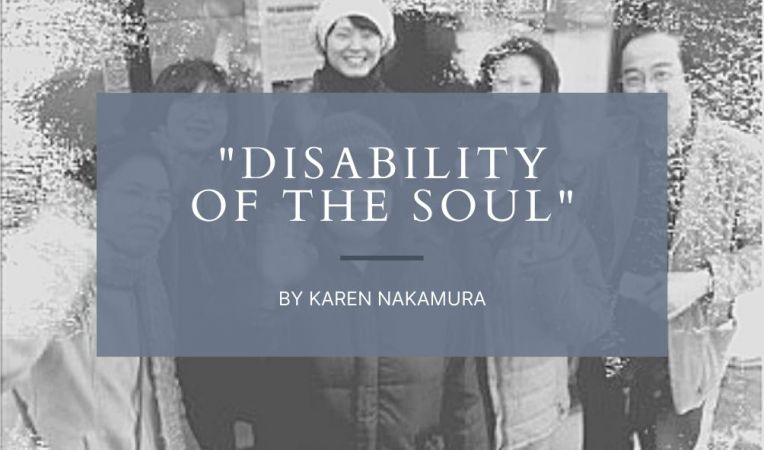
The issues brought to light in these books can be seen in technicolor in Karen Nakamura’s “A Disability of the Soul.” This book focuses on a small fishing village in northern Japan, founded as a community for people with psychiatric disorders. This unique program started its own businesses to create employment for residents and took a completely innovative approach to care that became a successful alternative to long-term institutionalization. While there are still many mental health challenges that remain in Japan, Nakamura’s book sheds a light on a fascinating success story.
Literary fiction that dives deep into the heart and mind
Japanese fiction has long dived deep into the mental condition. In fact, many contemporary leading writers — Haruki Murakami in “Norwegian Wood,” Sayaka Murata in “Convenience Store Woman” and “Earthlings” and several others, explore mental health, illness and wellness explicitly in their novels.

One of the titans of 20th century Japanese novels along these lines is “The Woman in the Dunes” by Kobo Abe. Although not explicitly about mental illness, Kobo Abe’s books tend to focus on alienation, inner struggle and identity. This classic pairs an amateur entomologist and a young woman as they are given the Sisyphean task of shoveling back the ever-advancing sand dunes that threaten to destroy a seaside village. Regarded as a prototypical existential novel, Abe provides deep insight into the workings of the mind when faced with misery and terror.
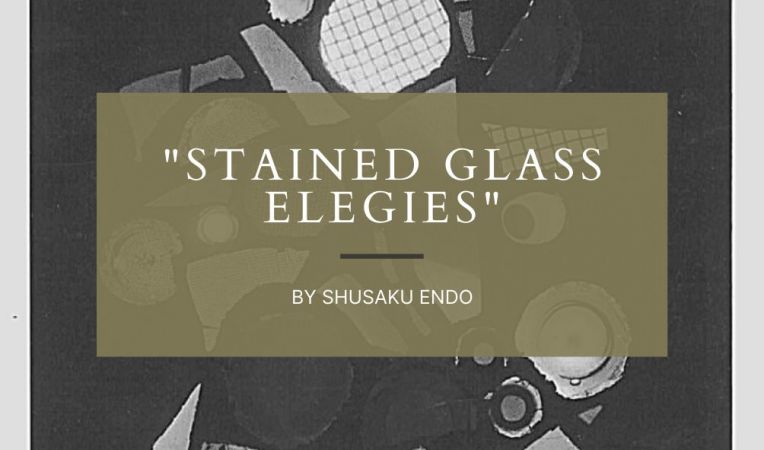
Shusaku Endo is another giant that wrote frequently about mental health and sickness. While he is best known for his historical novel “Silence,” the best lens into Endo’s work on this topic is in his short story collection “Stained Glass Elegies.” Most of these stories take place in hospitals, where modern people are most aggressively forced to confront the fragility of the human condition. And while many of Endo’s themes are overtly Christian, the stories are no less insightful about the decay and persistence of the human mind.
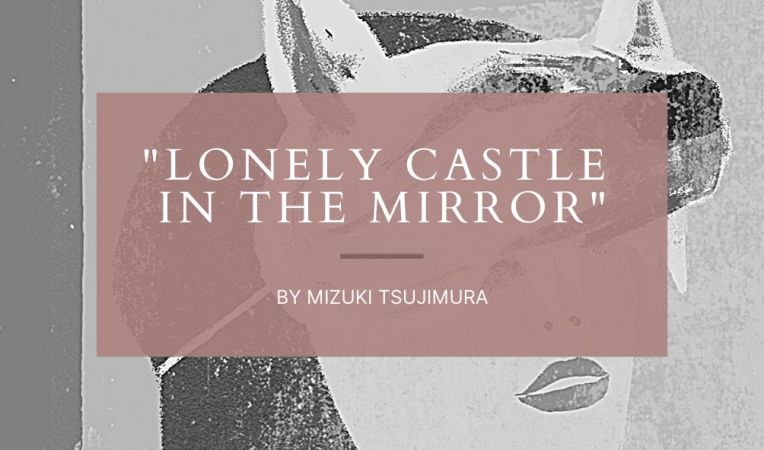
For a slightly more modern and even more explicit examination of mental health and wellbeing, Mizuki Tsujimura’s “Lonely Castle in the Mirror” makes for an ideal read. Seven depressed students hiding in their bedrooms escape through a magic mirror into a magnificent castle. Tsujimura delves deep into each of the characters’ mental and emotional states, and ultimately tells a story about how human connection, empathy and action can help overcome mental illness.

Last but not least, for another modern look at how mental health struggles impact real life, readers should check out “Twinkle Twinkle” by Kaori Ekuni. A closeted gay man and an emotionally unstable woman enter a marriage of convenience to find their own version of ‘happily ever after.’ Enuki explores anxiety and panic attacks, sexuality, alcoholism, and much more, all packed into a brief but satisfying novel.
Japanese literature is a great place to go to when in search of thought-provoking material about mental health and illness. But be warned — much of it is dark, and haunting. One is better served with the self-help aisle when in search of answers and straightforward advice. And as the commercial interest in Japanese literature and mental health continues to rise, we will hopefully see more of these books get translated into English in the coming years.
Elsewhere on Metropolis:
Tips to help you manage your stress and anxiety

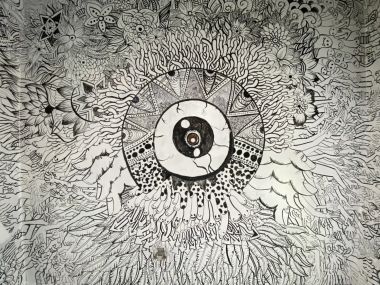
My How to Stay Healthy and Entertained at Home
#houseparty #workfromhome #stayathome during the coronavirus
GOMA
The intricate worlds of an Aomori-based artist





